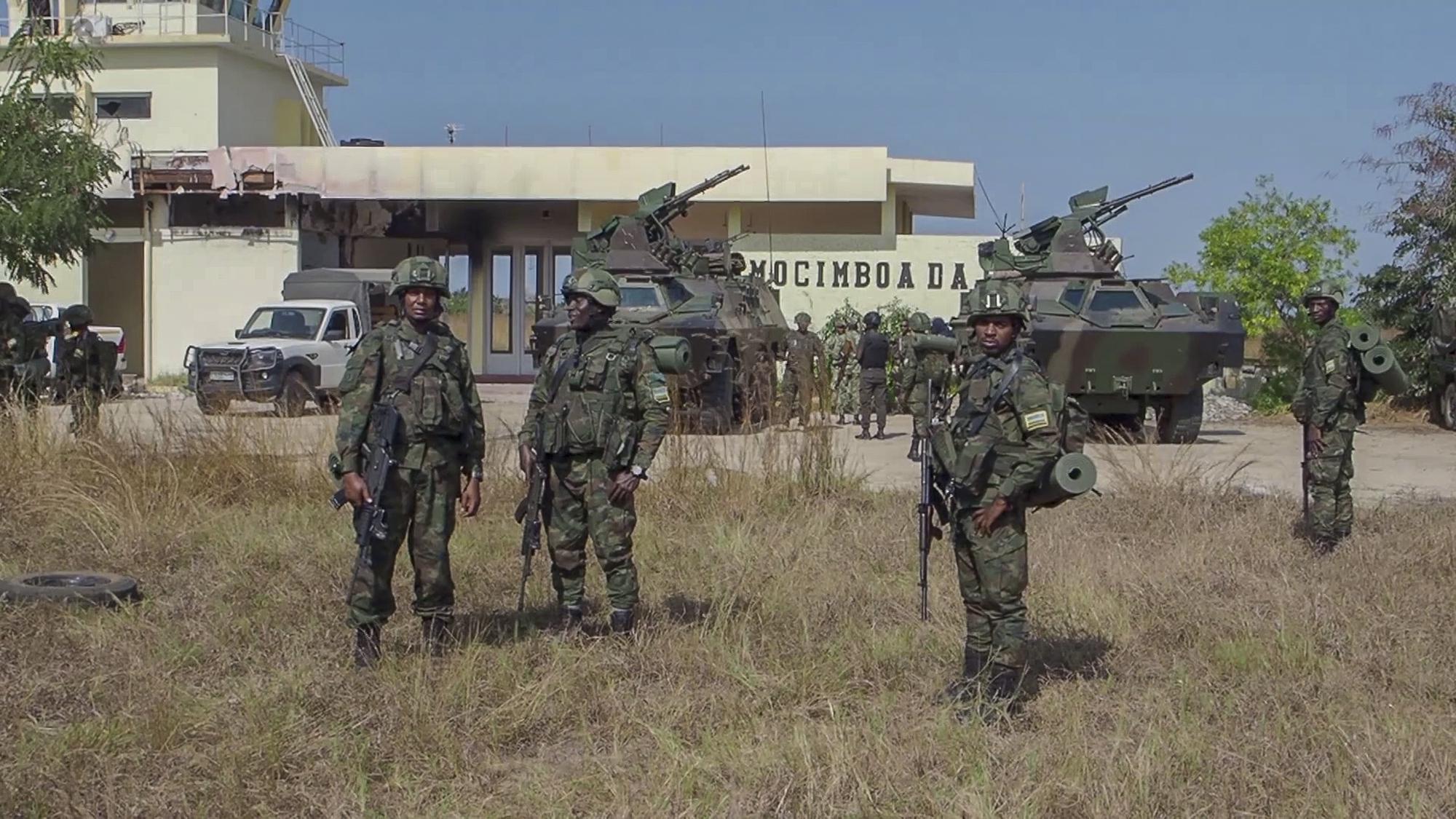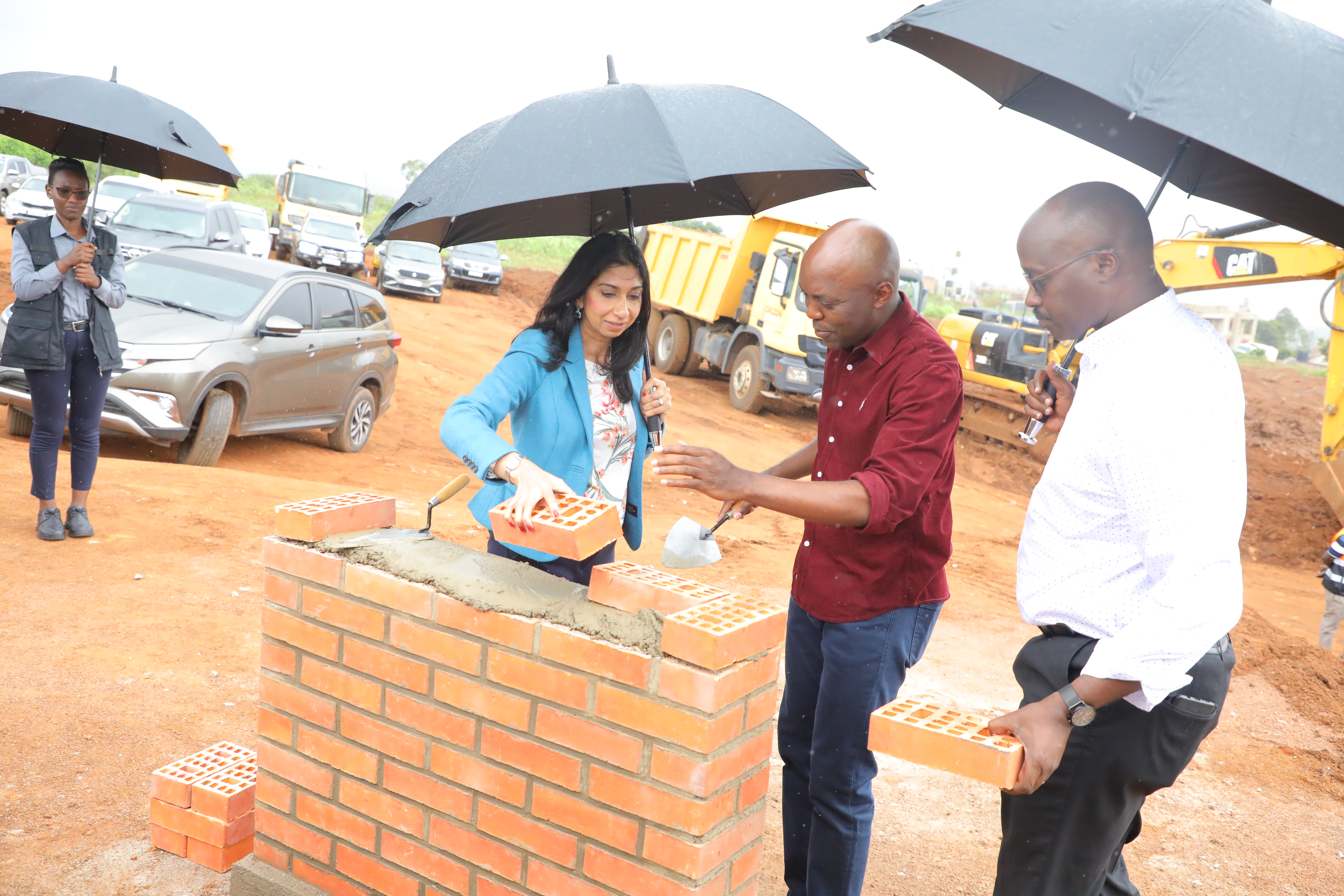International
Kagame’s approach to peace, security beyond Rwandan boarders

After
successfully leading the struggle that put an end to the Genocide against the
Tutsi in 1994 when the world was silently watching, and restoring peace and
security in Rwanda, President Paul Kagame, chose to never be indifferent when war
crimes are committed elsewhere.
His
response towards protecting civilians in troubled countries has always been
swift. The visionary leader has timely deployed troops in numerous missions
under bilateral agreements or UN peacekeeping missions around Africa.
The
narrative of “it’s too late to do anything” does not exist for Kagame. The Mozambique and Central African Republic
security crisis cases are proof of that.
Since
2017, the Islamic State-linked terrorists locally known as Alshabab and Ansar
Al Sunna had wreaked havoc in the Mozambican Province of Cabo Delgado, where
they killed hundreds of people, overran towns and sent thousands of expatriates
out.
All
efforts used by Mozambican government including hiring a South African private
military contractor, the Dyck Advisory Group, and the Russian mercenary, Wagner
Group, to quell the terrorism failed. The terrorists continued sweeping through
the country’s north.
Maputo
tried Kigali and asked for help in late April 2021. After only two months on
July 9, 2021, Rwanda deployed 1,000 security personnel to Cabo Delgado Province
to end the violence, stabilize the region and restore state authority.
Despite
the gravity of the problem, in one month, Rwanda and Mozambique managed to take
control of all the territories in the hands of the jihadist insurgents.
In
areas where Rwandan and Mozambican troops operated jointly, including the
terrorists’ major stronghold in Moçimboa-da-Praia, with an airfield that served
as the main supply or entry point, and a port which was used to smuggle wood
and drugs, the terrorists were totally denied room for maneuver.
To
date, life has returned to normal, as citizens are in their villages, students
went back to school, children play safely and people started working striving
to rebuild from scratch.
Considering
Rwanda’s dark history as a lesson, Kagame’s primary focus is an immediate
response to situations that warrant the protection of civilians at risk,
wherever they ask for help.
Inside
Rwanda’s bilateral, multilateral interventions to bring peace in conflict areas
The Central
African Republic also witnessed his commitment to restoring peace in the
country. Prior to the country’s presidential election, in December 2020, at CAR’s
request, Rwanda deployed troops in the country to quell election violence,
protect peacekeepers and counter rebels (commanded by former President François
Bozizé) who were advancing towards the capital, Bangui, blocking the city’s main
supply routes.
Within
a month, not only did Rwandan soldiers beat the rebel blockade of the capital
but ultimately captured the rebel stronghold. They halted the violence,
protected peacekeepers and secured CAR's Presidential elections.
Rwandan
troops’ culture of hard work and discipline has enabled them to deter violence
and killings, restore state authority, ensure the security of high-level
authorities and secured strategic sites both in Mozambique and in CAR.
For
President Kagame, Rwanda is a small country with big heart. It is always eager
to share the little it has with others, helping them to solve their problems.
Ten
years after the 1994 Genocide against the Tutsi, Rwanda was the first African
country to deploy a contingent, 155 soldiers, under the then African Union
Mission in Sudan (AMIS) in 2004, to restore order in Darfur. Later, Rwandans
also went on to do a lot in South Sudan -under United Nation peacekeeping
missions- where they still operate.
The United
Nations has commended Rwanda’s commitment to global peace and stabilization,
labeling it “the giant of peacekeeping” notwithstanding its small size.
Currently,
Rwanda is the fourth biggest troops contributing country in support of UN
mandates - with almost 6,000 security personnel deployed under different
peacekeeping missions.



.jpeg-20230316060018000000.jpeg)
.jpeg-20230218084814000000.jpeg)
.jpeg-20230128110430000000.jpeg)
.jpeg-20230127112648000000.jpeg)